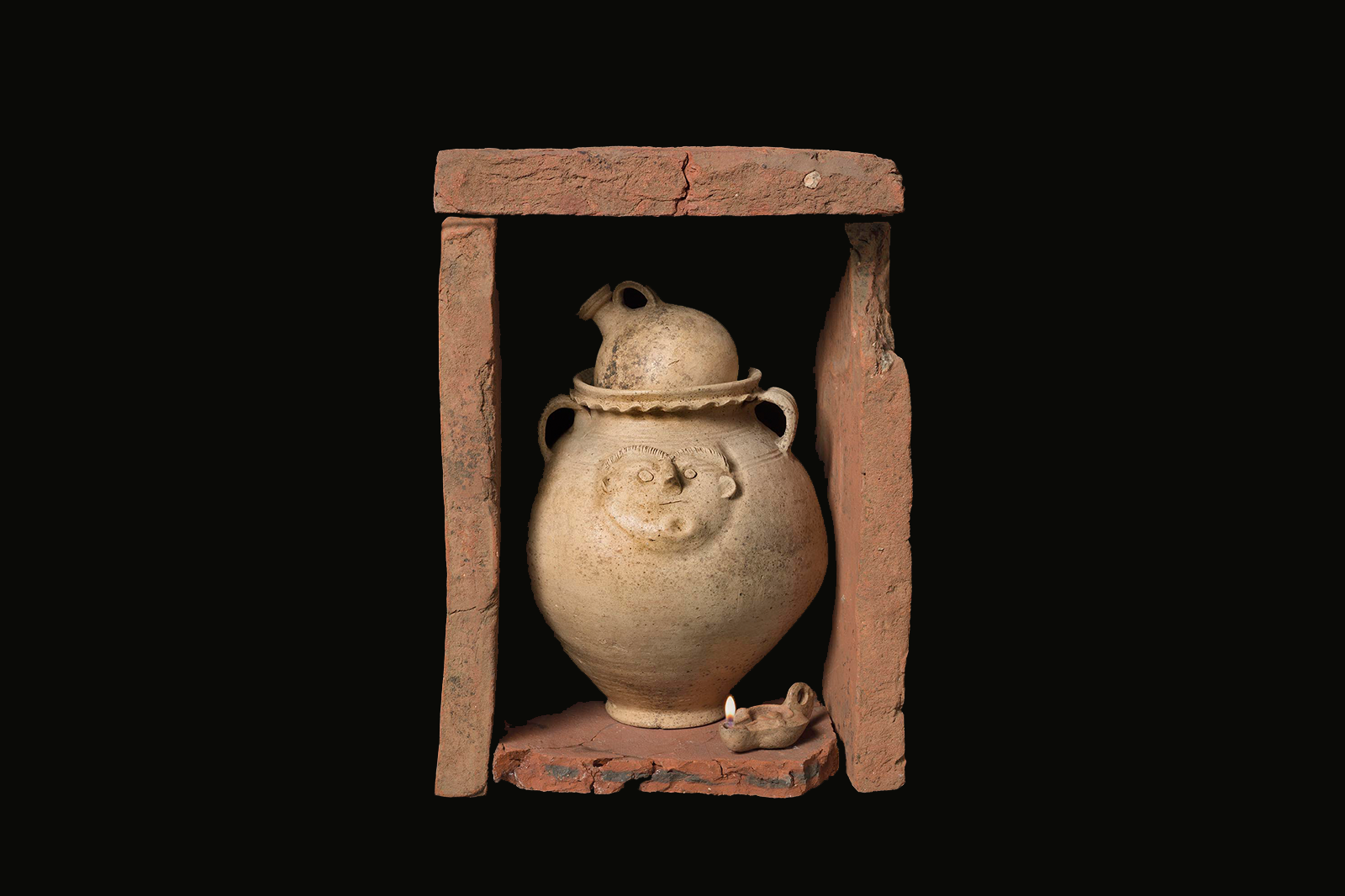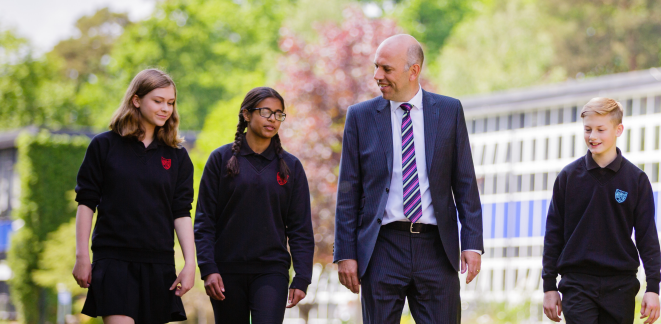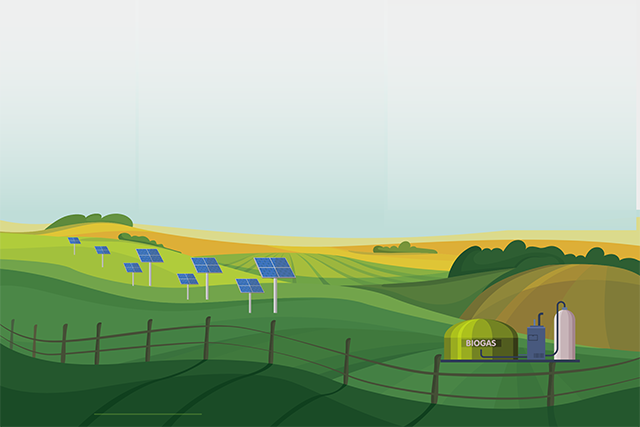Flexible learning
Learning never stops. Our short online courses are open to everyone and hosted on the digital learning platform, FutureLearn.
Enrol today in one or more of our courses from our expansive portfolio, covering a diverse range of thought-provoking subjects. Developed by expert staff and students across the University of Reading, you can hone your skills and expand your knowledge in your own time, whilst engaging with a community of learners from around the world.
Register on the FutureLearn website to sign up, and stay informed about, upcoming courses. You can also follow UniRdg_OOCs on Instagram or find us on Facebook for the latest news on all of our short online courses.































